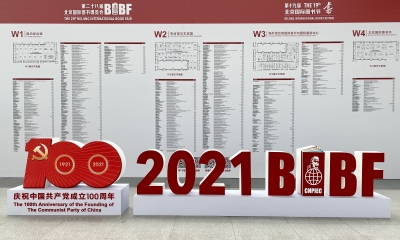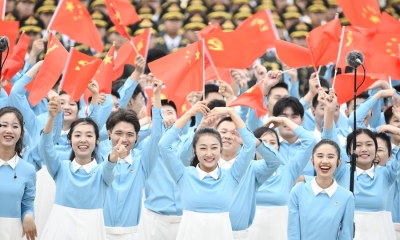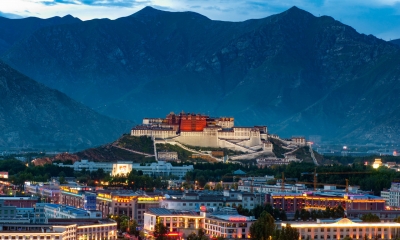Loophole of National Security in Hong Kong Plugged
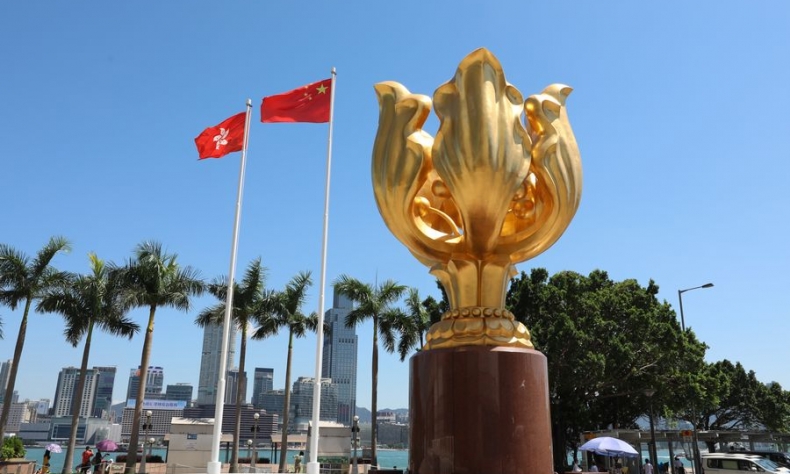
For China’s Central Government, violent protests and foreign interference in Hong Kong underscores the need and urgency for a national security law to be implemented.
China’s top legislative body is deliberating on a draft bill to establish and improve the legal framework and enforcement mechanisms to safeguard national security in the Hong Kong Special Administrative Region (HKSAR).
The motion to enable the drafting of the law, which targets secession, sedition, terrorism and foreign interference in Hong Kong, was brought before the National People’s Congress (NPC), at its annual meeting in Beijing on May 22.
The announcement received broad support from the Hong Kong SAR government, members of the 13th National Committee and the Hong Kong Federation of Trade Unions. Hong Kong’s governor Carrie Lam said her government recognizes the urgency of implementing such a law and has agreed to cooperate fully with the National People’s Congress – China’s top legislature in order to safeguard and strengthen national security.
However, some voices claim that the national security law will restrict the rights and freedoms guaranteed under the “One Country Two Systems” principle.
The issue critics have is that under the Basic Law on which HKSAR was established, Article 23 stipulates that the city shall enact national security laws on its own.
But after almost 23 years since Hong Kong’s return to China, local legislatures have failed to enact national security legislation. In 2003, lawmakers in the city attempted to introduce a national security bill in line with their obligations under the Basic Law, but unexpected opposition and protests resulted in the law being shelved.
The Hong Kong SAR government has since avoided reintroducing the legislation, with Carrie Lam stating that “a favorable environment” was needed before the controversial issue could be tackled again.
Given the social unrest witnessed in Hong Kong following the announcement of the extradition bill last year, the “favorable environment” does not appear to be within reach.
With the HKSAR effectively in a state of paralysis — unable to enact national security legislation on its own — Chen Duanhong, a law professor at Peking University, said it is inevitable and pressing for the central authorities to push forward relevant legislation at the national level.
Plugging the loophole
For China’s Central Government in Beijing, the six-month long violent protests and foreign interference in Hong Kong underscores the need and urgency for a national security law to be implemented.
At a press conference in Beijing on May 24, Chinese Foreign Minister Wang Yi said, “Since the turbulence over proposed legislative amendments last June, we have seen increasingly rampant activities by Hong Kong pro-independence organizations and radical locals in Hong Kong, escalating violence and terrorist activity, as well as excessive unlawful foreign meddling.”
All this, Wang added, “has placed national security in serious jeopardy and posed a grave threat to Hong Kong’s prosperity and stability.”
Responding to fears that the new national security law could limit Hong Kong freedoms — including freedom of the press, freedom of speech and the right to lawful protest — Wang said the proposed legislation was aimed only at a “very narrow category of acts that seriously jeopardize national security”, such as acts of “treason, secession, sedition or subversion.”
The law would have “no impact on Hong Kong’s high degree of autonomy, the rights and freedoms of Hong Kong residents, or the legitimate rights and interests of foreign investors in Hong Kong”, Wang said.
“Instead of becoming unnecessarily worried, people should have more confidence in Hong Kong’s future. This will improve Hong Kong’s legal system and bring more stability, a stronger rule of law and a better business environment to Hong Kong.”
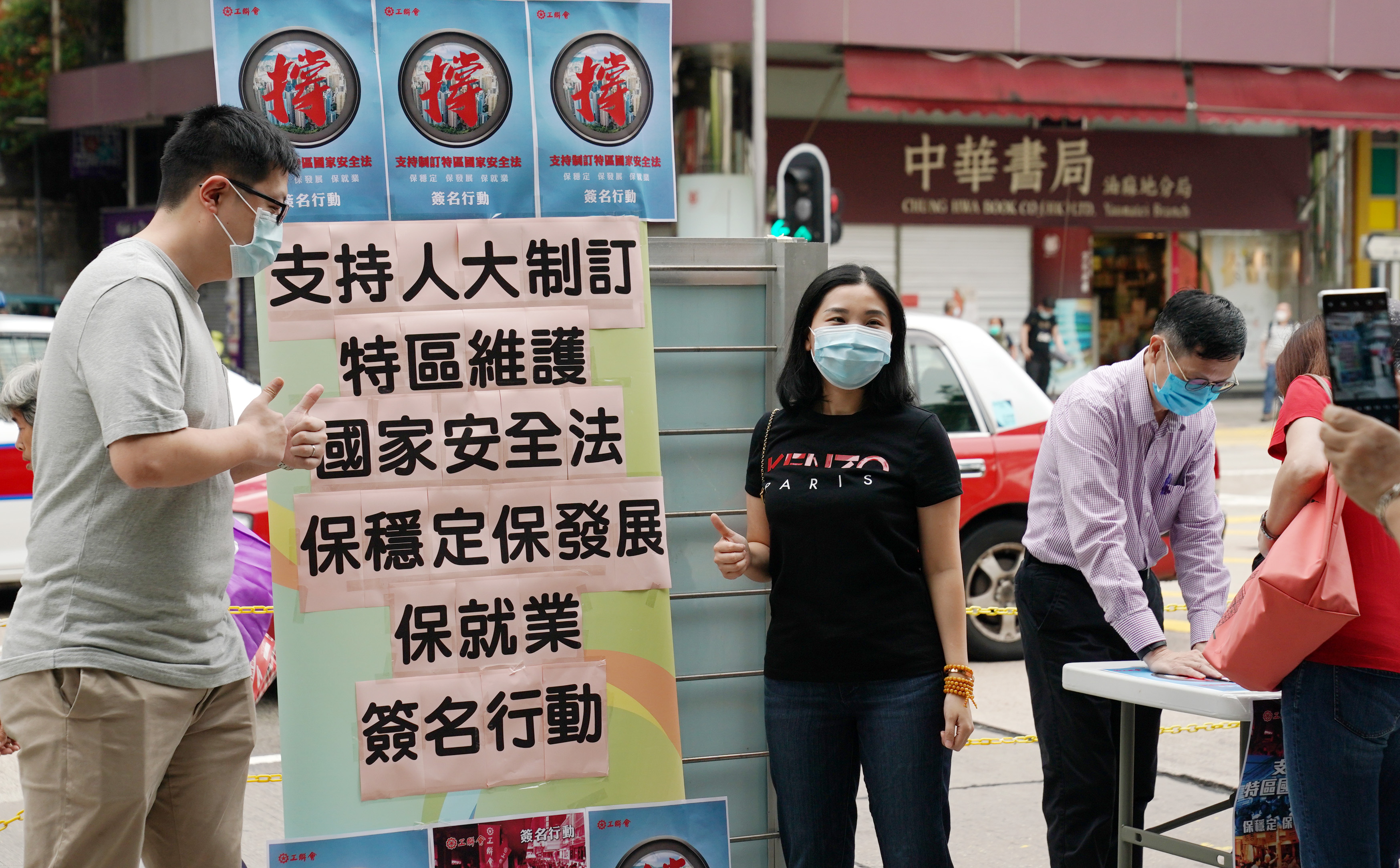
Opposition and threat from the US unfounded
The UK, Canada, and Australia however appeared unsatisfied with China’s assurances. In a joint statement, the three country’s foreign ministers said, “We are deeply concerned at proposals for introducing legislation related to national security in Hong Kong.”
US Secretary of State Mike Pompeo, labelled the legislation “a death knell” for Hong Kong, adding that “The United States strongly urges Beijing to reconsider its disastrous proposal.”
In a move likely to inflame tensions between China and the US, White House officials have threatened to impose sanctions and remove Hong Kong’s special status as a financial hub.
Tian Feilong, a Hong Kong affairs expert at Beihang University in Beijing, believes China must have anticipated a reactionary response from Washington and is prepared to enact countermeasures where necessary.
In an effort to quell tensions, Foreign Minister Wang Yi urged members of the international community to respect China’s sovereignty and reiterated that Hong Kong is a part of China, and China therefore has a lawful duty to uphold its national security.
“The Central Government holds the primary and ultimate responsibility for upholding national security in all subnational administrative regions, this is a basic theory and practice underpinning national sovereignty and is common practice in countries around the globe.”
For long the lack of national security legislation in Hong Kong has become a leverage for the foreign force to use against China. And with months of social unrest witnessed across the city and a notable increase in foreign interference, China has ultimately found it necessary to urgently repair this vulnerability.
 Facebook
Facebook
 Twitter
Twitter
 Linkedin
Linkedin
 Google +
Google +




